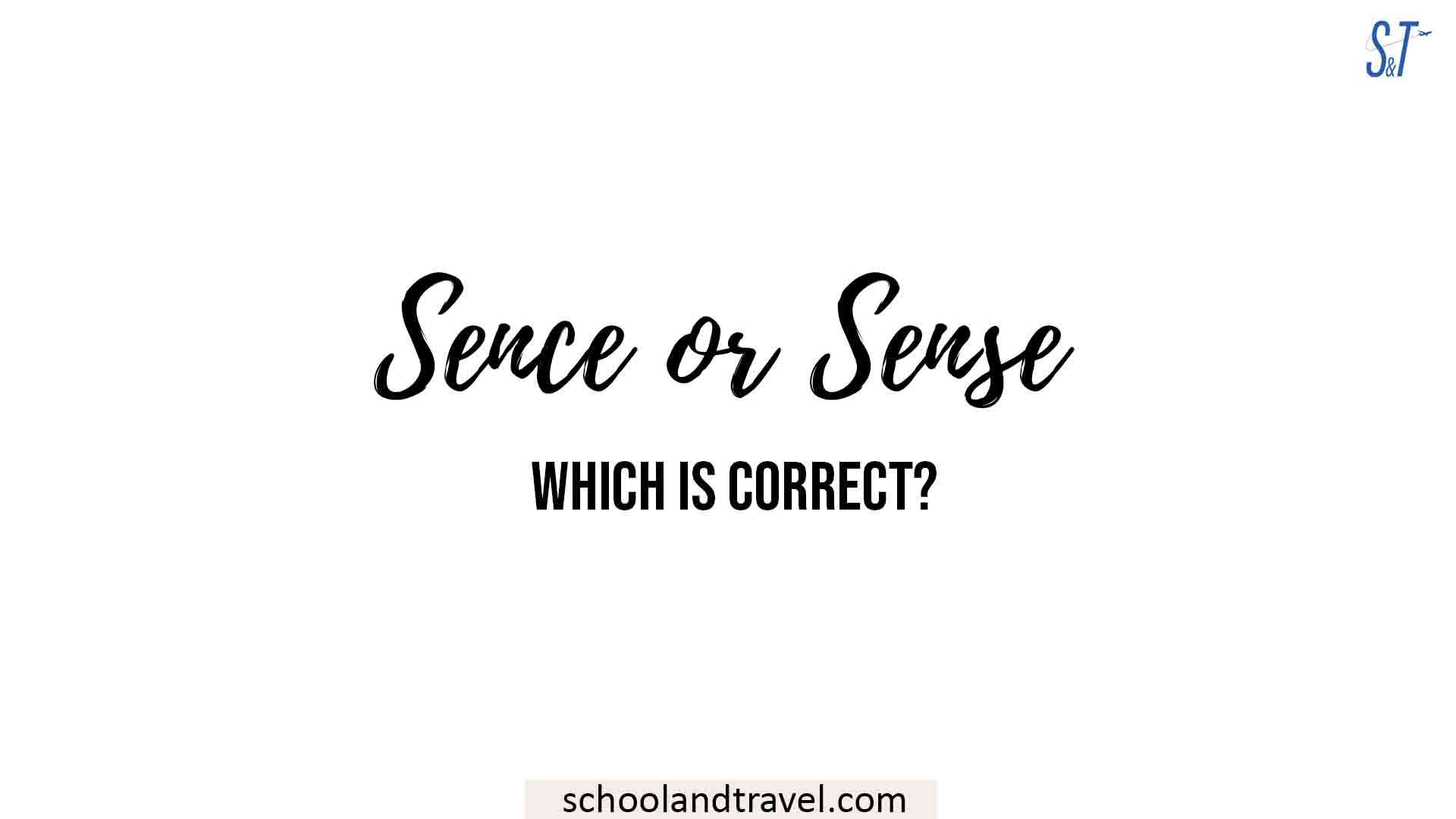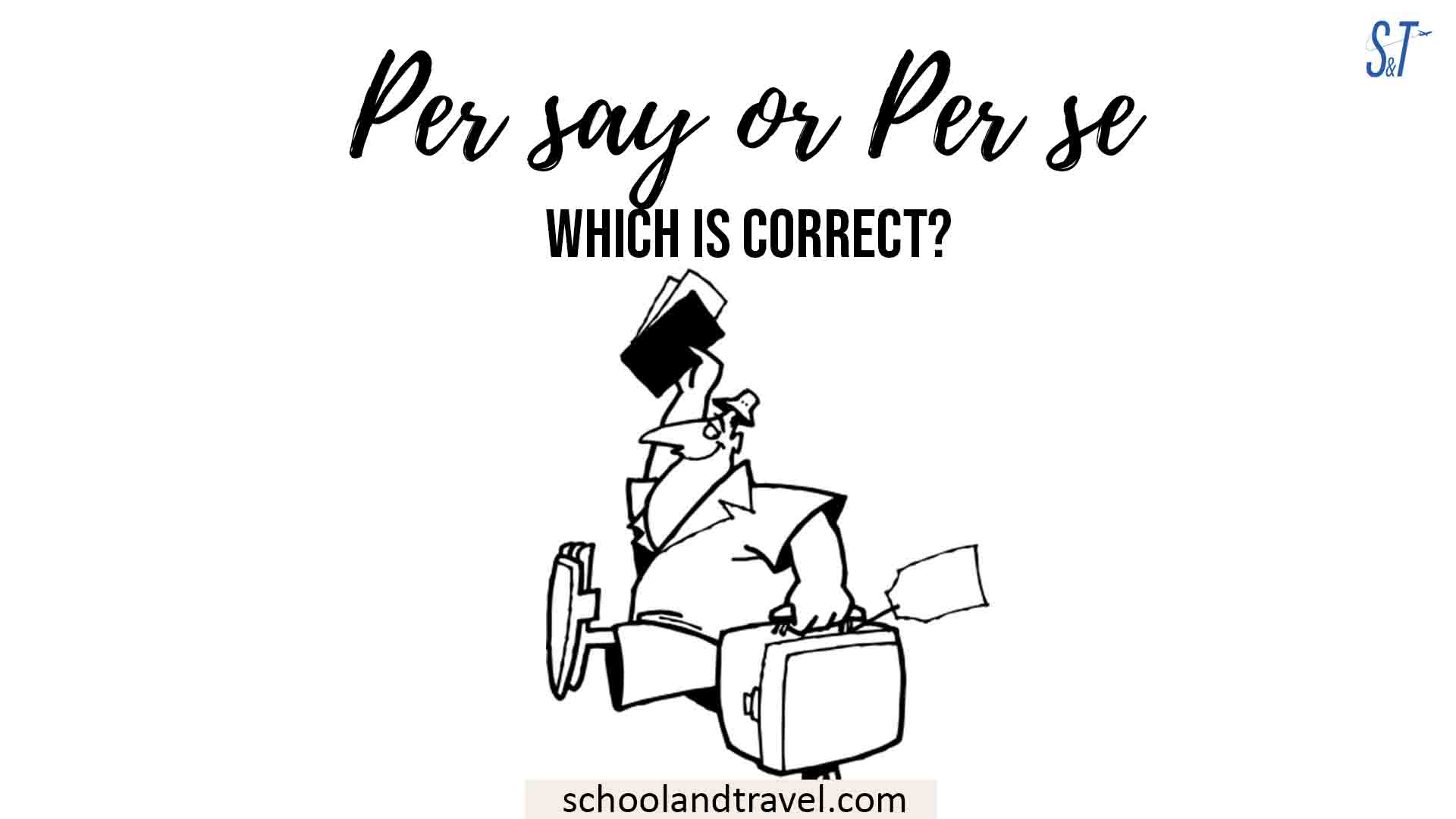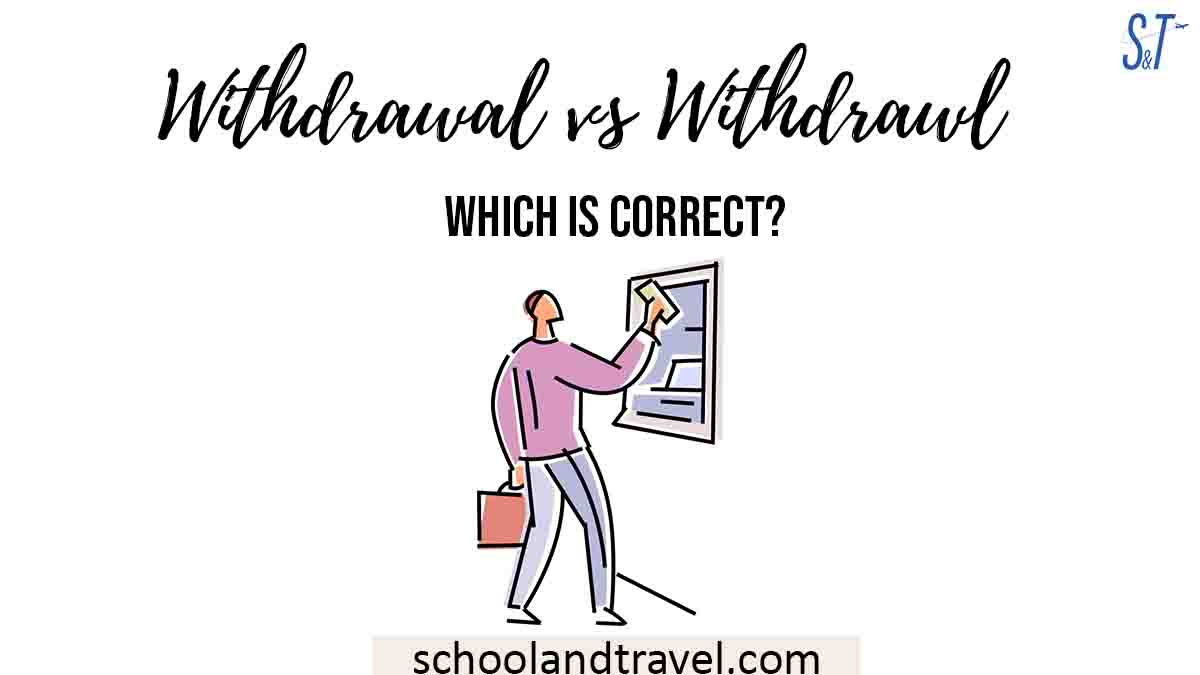As the English man will always say, no one is above mistakes in the English Language. This mistake I’m talking about comes in the context of “Openned and Opened.”
These two words are coined from the root word “Open,” but the discrepancy comes in converting the word into past tense (i.e., adding -ed) to the word.
On the other hand, there is a rule in the English language that says that the simple way of creating a past tense out of the present tense is by adding “-ed” or doubling the last consonant before adding the “-ed”.
I will explain these two words in this article and help you understand their differences.
Openned or Opened
Meaning of Openned:
It is easy to say that this is the past tense of “open” since it ends with a consonant, but according to the rule, since the last syllable is preceded by a vowel and the major accent of the word falls on the first syllable then the last consonant won’t require doubling.
Thus it implies that the ideal past tense is “Opened” instead of “Openned”.
Examples:
- The last book I openned before this exam was my Chemistry textbook. (incorrect)
- The only pot I openned when I woke up was the big pot under the sink. (incorrect)
- I openned my heart to you, but you took advantage of it. (incorrect)
Read this: Whome vs. Whom – What’s the difference?
Openned or Opened
Meaning of Opened:
To open means “to unlock”. For instance, if you are asked to open a window, you must remove any covering for the easy inflow and outflow of air. On the other hand, “Opened” is the past tense of open, meaning “to make available.”
Examples:
- I opened my laptop before I left for work.
- The only window I opened was the one close to my bed.
- The job was opened before January 7th.
FAQs on “Openned” vs. “Opened”
The correct past tense of “open” is “opened.” “Openned” is a misspelling.
English spelling can be confusing, especially with verbs. Some people might think “open” should follow the pattern of doubling the last letter before adding “-ed,” like “planned” from “plan.” However, this doesn’t apply to “open.”
Yes, when a one-syllable verb has a single vowel followed by a single consonant (e.g., “plan”), we often double the final consonant before adding “-ed” (as in “planned”). However, “open” doesn’t fit this rule, so we don’t double the “n.”
Think of the word “open” and add “-ed” at the end without any changes to the original word, forming “opened.”
Final tips:
The English language follows some rules that help in proper understanding of the right pattern of words.
In the context of Openned and Opened, following the rule explained in the “meaning of openned” above, you will understand that you don’t have to double the last consonant before adding “-ed” to the word.
Read this: Liscence vs. License – What’s the difference?
Awesome one; I hope this article answers your question.






